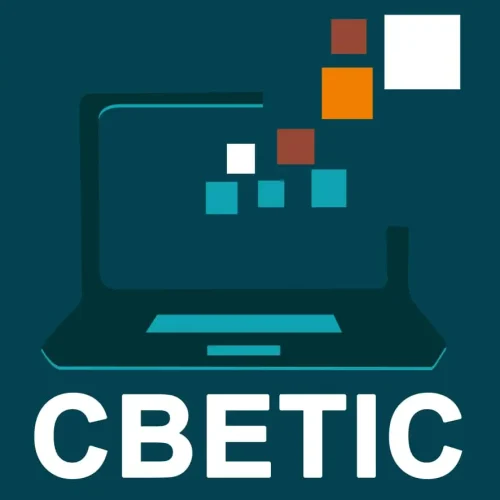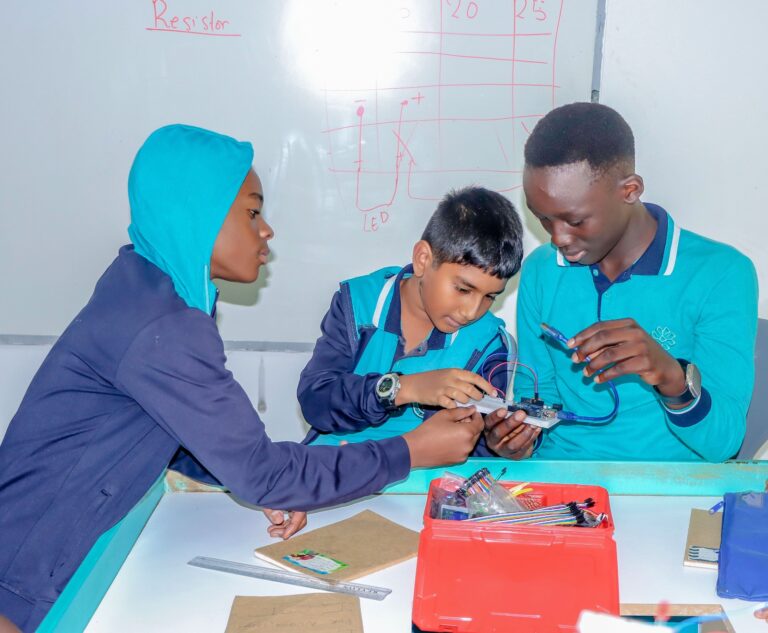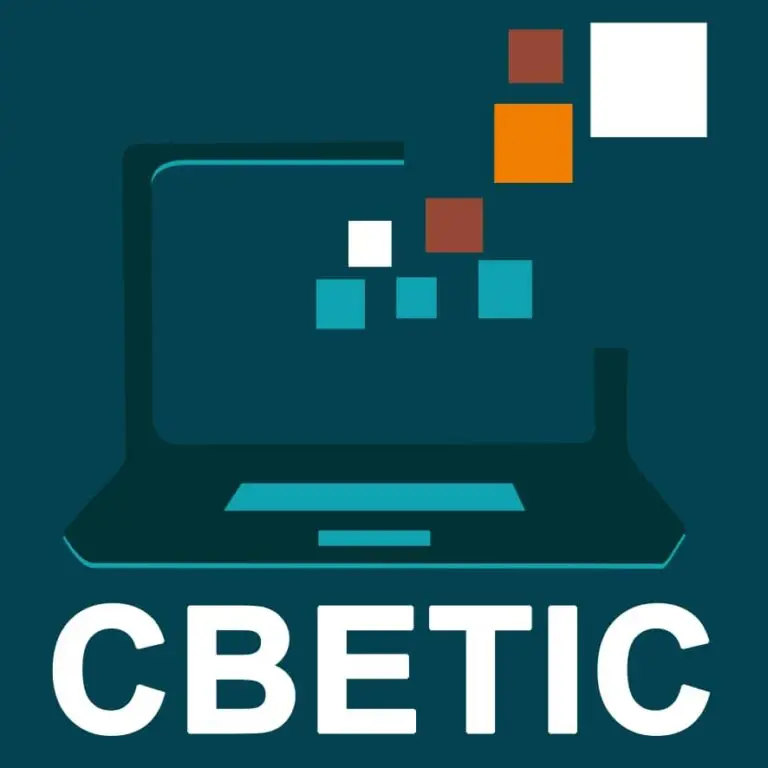The president of Burundi ICT Centre of expertise, Nathan Ntahondi, appreciates the contribution of the Maarif Foundation of Turkey, which is already developing a strong education system, integrating ICT learning in Burundi. It was during his official visit that he made on Monday, November 19 to this organization of Turkish origin based in Burundi and located on the Avenue du Large.
After a guided tour of the classrooms of the Maarif Foundation School of Turkey, he expressed a wish of thanks to the legal representative of this foundation in Burundi, Mr. Erol Arslan, for having initiated such education in Burundi that integrates ICTs, placed today at the center of global interest. He discovered that this school organizes practical work to complement the theories seen in class, which allows the child to reinforce his knowledge.
According to the legal representative of Burundi ICT Centre of Expertise, Nathan Ntahondi, the integration of technology in the education system offers the opportunity to acquire cutting-edge digital communication skills. These skills prepare students for emerging careers by enabling them to innovate and adapt to evolving challenges. It is an approach that inspires confidence in the preparation of future contributors to Burundi’s sustainable development.
However, the president of CBETIC deplores the fact that a large majority of burundian population remains completely offline and that the online population is not significantly connected either. He noted that this is mainly due to connectivity that is too slow, unreliable or because this population does not have the digital skills to make the most of the equipment and services offered. He invited the government, private operators, civil society and Burundi’s development partners to work together more than yesterday, in an appropriate framework, for national and meaningful connectivity. “National connectivity should be taken as a new imperative for everyone to act for the sustainable development of our country,” added Nathan Ntahondi to the microphone of “TIC-Actualité”, which is already promising its readers the details of the approach of the Maarif Foundation of Turkey in its next editions.




